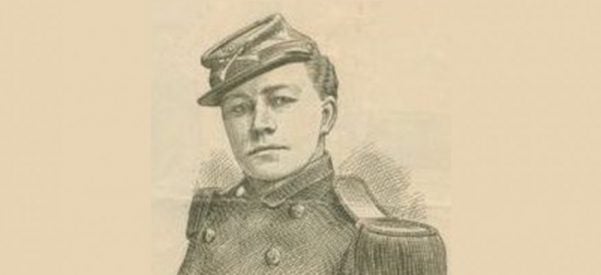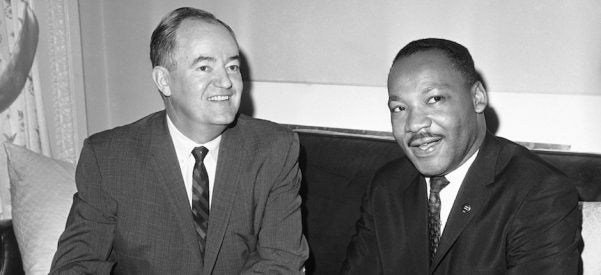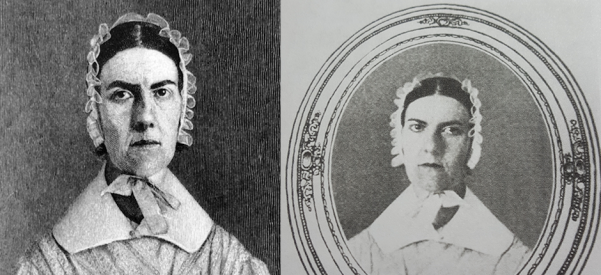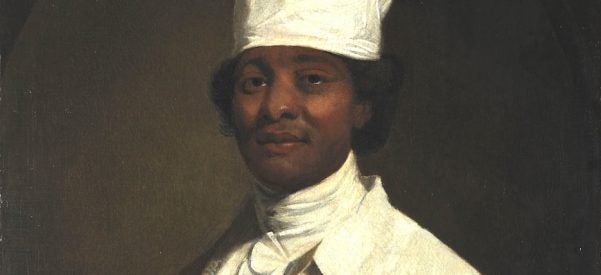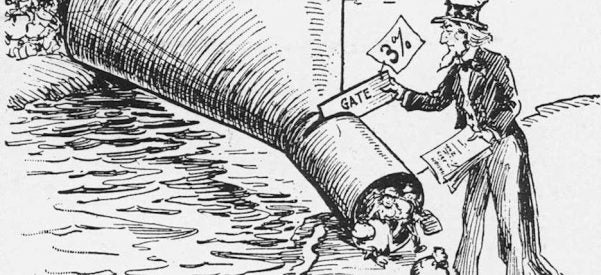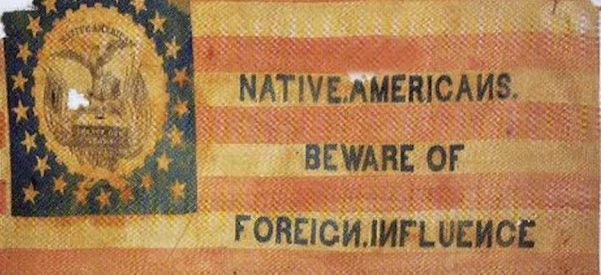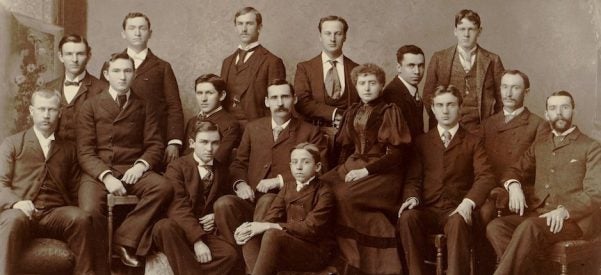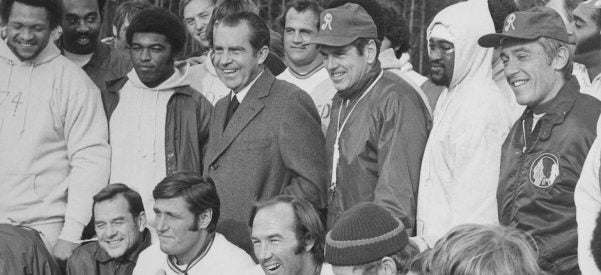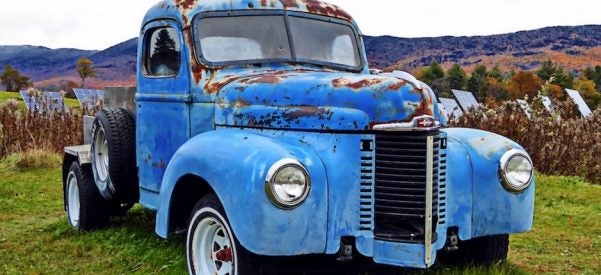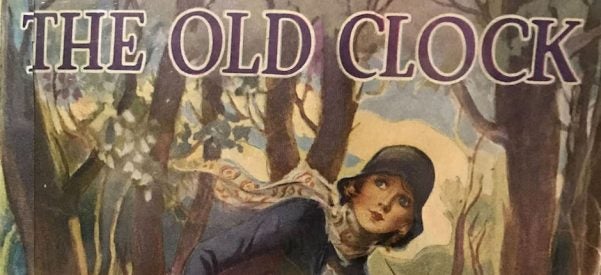The Wondrous Life of America’s First Male Impersonator
Annie Hindle Scandalized and Titillated Audiences, But Her Talent Won Them Over
On June 6, 1886, Kerr B. Tupper, a Baptist minister in Grand Rapids, Michigan, presided over the marriage of a young couple. The groom gave his name as Charles E. Hindle and listed his profession as “actor” on the marriage license. The bride’s name was Anna Ryan. The marriage was not the first for the groom, although there was no indication on the license that he had been married before. There was also no indication that Charles Hindle was, in …


